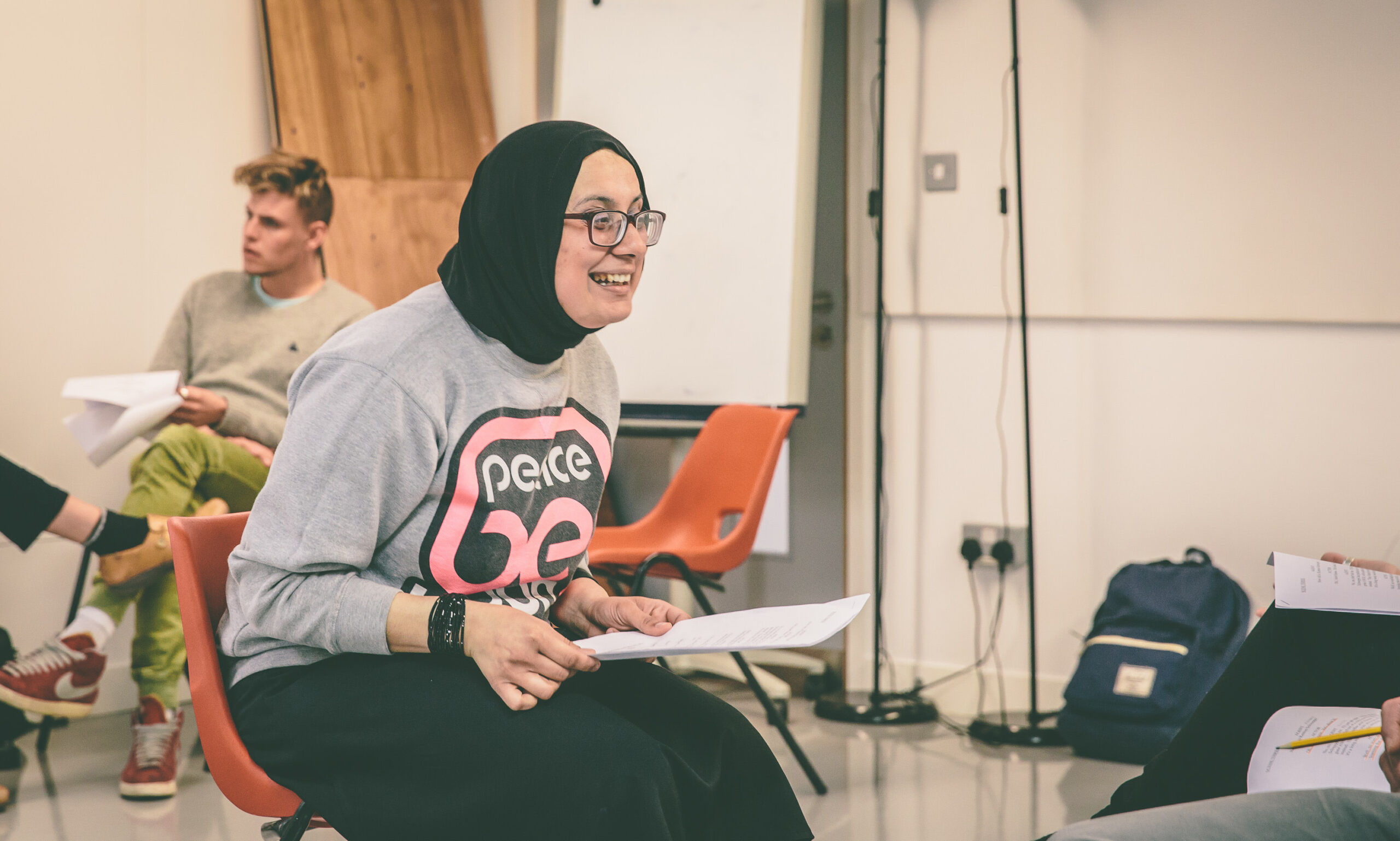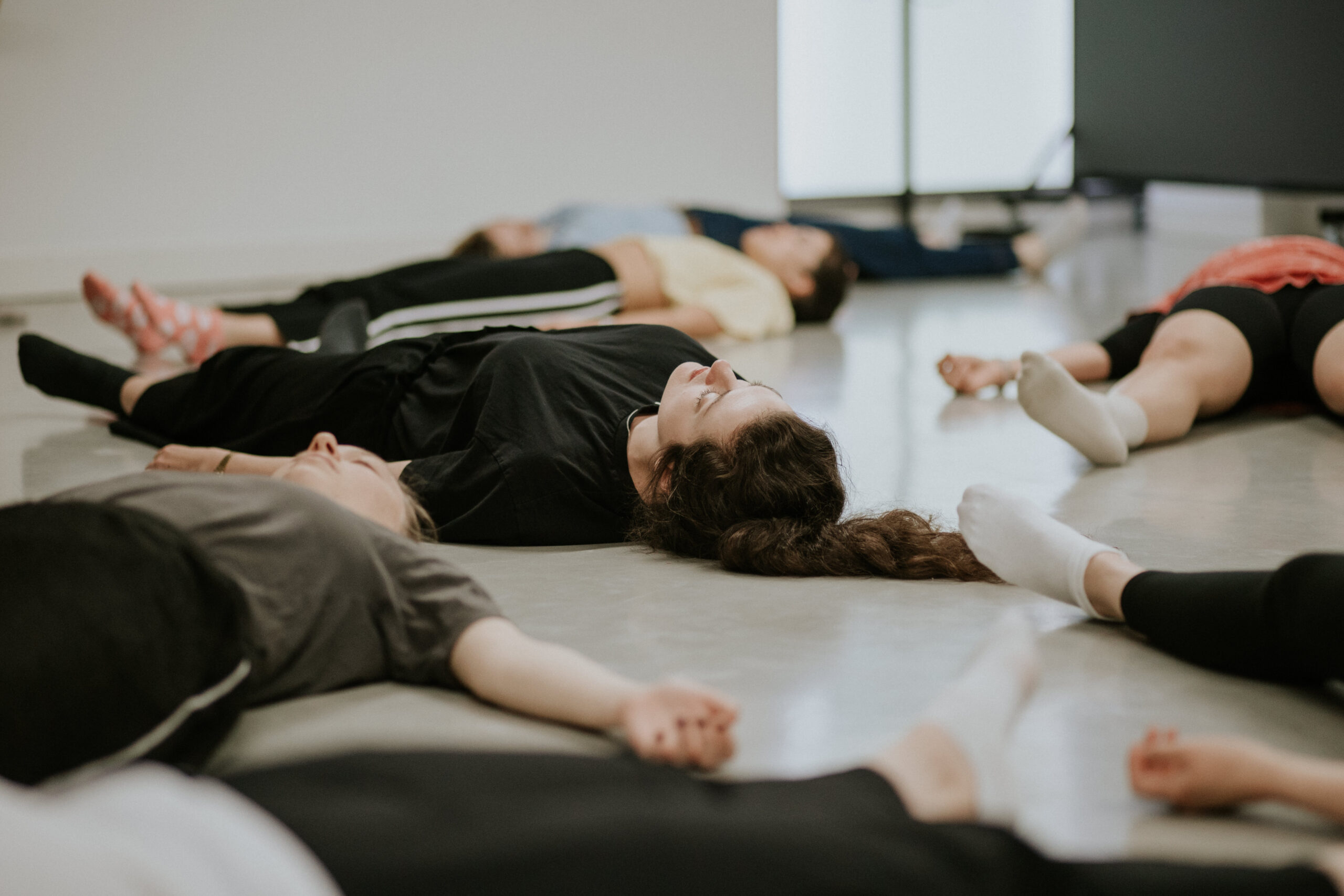The importance of balance in an uncertain industry
Freelancers of all varieties – but especially the creative kinds – are all faced with one big issue:
How on earth can I ever get any down time?
It’s easy to feel as though if you aren’t working towards the next role – the next creative outlet – at all times, then you are ‘slacking’ or ‘missing out’. But quality down time is as essential as being busy and engaged.
Beware of over-scheduling
Organisation is a huge part of being a freelance worker. You have to be more on top of potential opportunities, and disciplined about structuring your time. But a danger here is over-scheduling, as you’re not exactly bound to the traditional 9 to 5, so you can find yourself scheduling ‘work’ activities at all hours.
Having a super organised schedule is really great and can help you see how and when you’re going to tackle everything on your plate. But don’t forget to factor in your down time – schedule relaxation time in too! Literally. This is the time where you can say, guilt-free, “I’ll be on my couch watching Netflix.” It’s important to view these times not as ‘wasted’ but as similarly vital to your wellbeing as any other activity in your day. Include time for family, friends and recreational activities. It’s just as important to play as it is to practice!
Get some boundaries in place
Another concern, of course, when you’re running about getting new headshots, primping your Spotlight profile, coming up with new showreel scenes, attending workshops, learning lines, etc… Is are you ever done? The traditional working week can be helpful in setting a clear break between work and non-work hours.
The physical act of having an office – having an out-of-home workplace – also does this. When you’re on a job, this is easier, but when you’re not, it’s hard to know where your acting life starts and finishes. Clear psychological boundaries between work and other aspects of life becomes really vital for recovery.
This might mean having a set area in your home in which you do ‘acting activities’ like CVs, showreel editing, etc. Or it might just mean leaving the house every so often simply to clear your headspace – make that regular walk into a strict no-thinking-about-acting time.
Be realistic about what you can achieve
You might list a dozen items to do in a day that you think are totally doable in the energetic first few hours… but then procrastination might set in, distraction might be too tempting, unforeseen changes come up, or you just run out of steam. Being realistic about what you can achieve is important.
Start noting down your own habits and noticing what works for you – do you work better in short bursts or does it take you time to get into it? Are you better in the mornings or the evenings? Do you need lots of little breaks or one big break to recuperate energy?
Getting to know your own working style and prioritising carefully can really help you to feel less overwhelmed with everything on your plate. Often you will feel a lot more satisfied if you set out to achieve 3 items on your list and do, than if you set out to achieve 10 and only do 3. It’s about judging your time carefully and prioritising what is most important.
Read more on balance and achieving good wellbeing on Spotlight.



















